Alright – so today we’ve got the honor of introducing you to Melissa Fox. We think you’ll enjoy our conversation, we’ve shared it below.
Melissa , looking forward to hearing all of your stories today. Are you happy as a creative professional? Do you sometimes wonder what it would be like to work for someone else?
I continuously question if I should pack up my creative pursuits and get an easier job, everyday. Being a solo-creative-penuer is extraordinarily hard and requires a grit that I don’t see in peers who have regular salaried jobs.
I often explain to people who praise my tenacity at owning my own business and working in a male dominated space that I would enjoy setting down the sword of achievement and just get to be a human. This ache has only gotten larger as I’ve aged.
I have been a working, hustling artist since the age of 13. My first paid job was making print art at an after-school program in Chicago called Gallery 37. We learned to make prints and then created batches to be sold in a gallery downtown. I learned how to price my work, photograph it, host a gallery show and sell my own work. I was hooked!
I financed college with minimal support and student loans. I worked a part time job, went to full time school and lived at home caring for my aging grandfather. After school, when I was turned down for every opportunity I applied for in the TV or Film industry – I got an unpaid internship at a media company. I worked a part time job, drove three hours every day to and from my unpaid internship to make it work, desperate for experience.
This has been the story of my working creative life. Without the privilege of wealth or patrons to fund my passions – I have had to sacrifice more than I wished. Long hours, experience for exposure but not for pay, financing my own passion projects and living the quintessential bohemian lifestyle of an artist. Taking any opportunity that came to me and making the best of it. Even when I hated it.
With no health insurance and being on food stamps, I developed an eating disorder that no one in my life knew about. I was malnourished and rewarded for my tiny skinny body. The 2008 crash hit me hard and I lived in poverty with great student loan debt for many years. But I was getting to live my passion! So it was all going to be worth it.
Now, 20 years later – I am balancing those scales. Reclaiming my worth, my time and building space for myself to be a human. Even though I am finally making the kind of money that allows me to say no to opportunities that drain me, I still question if this is all worth my life force. Every day.
Am I happy? Yes. I love my work and that’s the problem. I can’t just “turn off,” at the end of a day. When am creating a film, I live and breathe that film until it is complete. I shut down the computer from a day of editing and continue to problem solve the cut in my sleep. I think about how to visualize a story when I am in the shower. I chew on music ideas while cooking. That’s part of what makes me so good. I am inside my work in a very human way – because I care deeply about what I do. My brain LOVES problem solving creatively. I constantly feed myself inspiration and am always learning something new.
I wonder what it would me like to shut that off at the end of the day and just be Melissa. If that would be easier. If I got to just be the geeky girl who loves to learn, read, make art and travel. I think it’s a fantasy that doesn’t exist. Right? No one dreams of labor. I don’t. We all dream of ease, access to opportunities that interest us and communities that love and support us. What I really want is a world that utilizes all it’s hard earned technology to make life more accessible and survival a relic of our past. That future making is the true revolution.
I realized too late in life that I was giving away access to this great caring muscle that I’ve continuously curated. That is extraordinarily valuable. As women in society we are constantly asked to give our caring into unpaid labors. So, I’ve been flexing on that idea that all my caring is worth money. That mindset built regular sustainability for me. These days, I am having a lot more fun saying no.
*whew* that is a very long answer to this question. But I think it’s relatable. Following a passion is deeply personal work and it’s hard when our basic needs are not met. Creative fields are ripe with passion exploitation. I think all of us fantasize about an easier job.
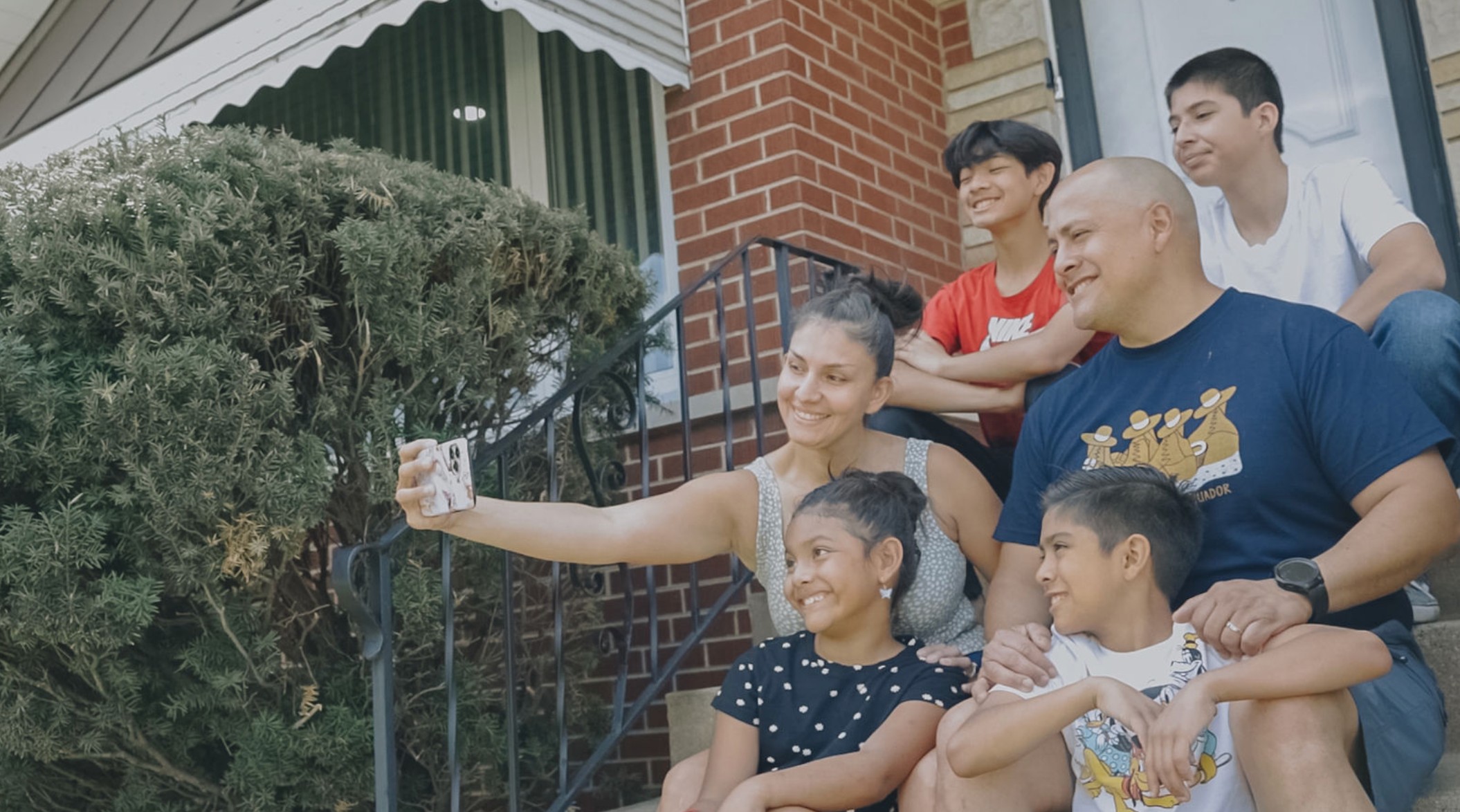
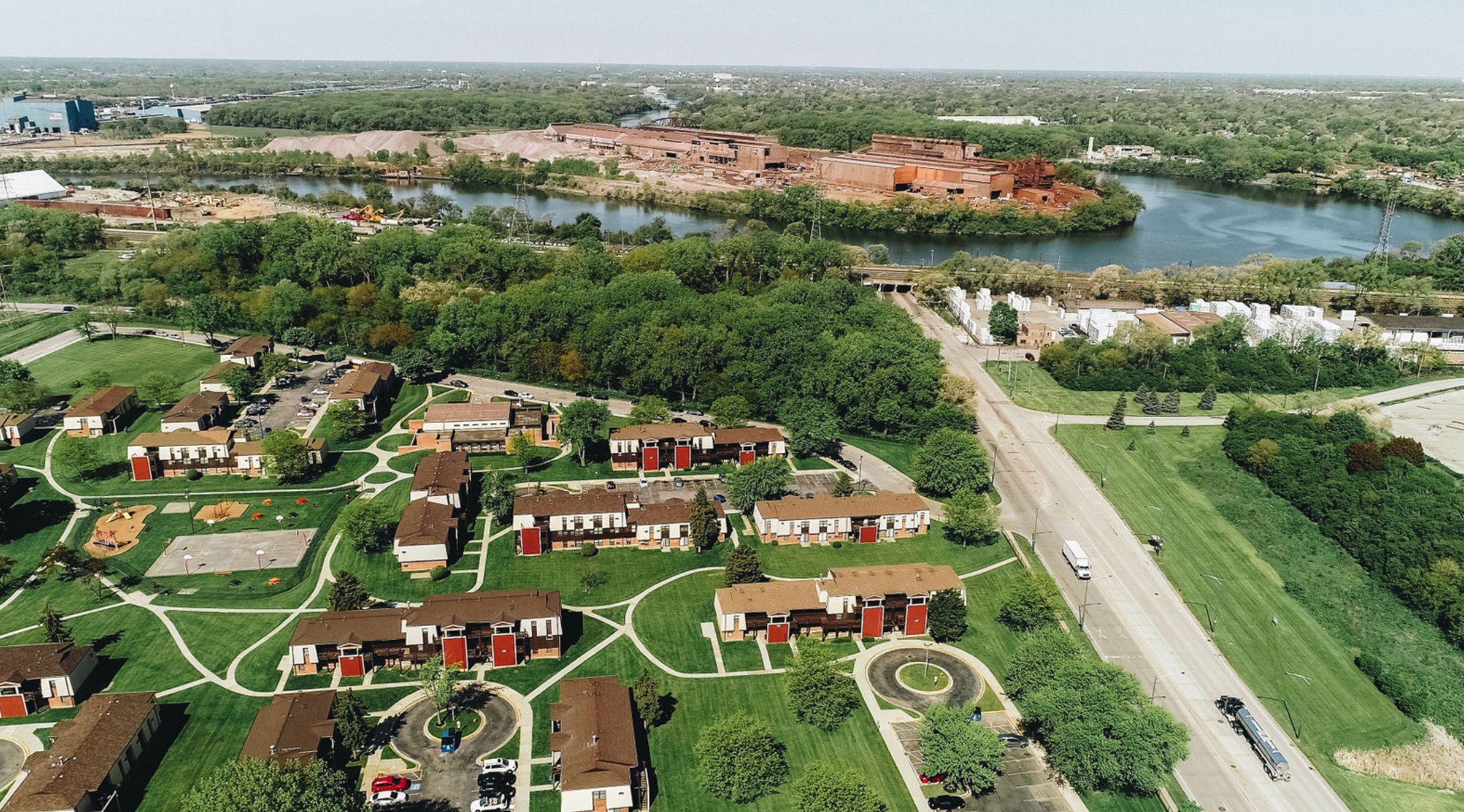
Melissa , love having you share your insights with us. Before we ask you more questions, maybe you can take a moment to introduce yourself to our readers who might have missed our earlier conversations?
I am a documentary filmmaker working in the local non-profit space, bringing to life community stories that uplift, educate and advocate for social change. I like to say that I tell the stories of everyday Chicagoans who are building beautiful lives within systems that make it hard to survive.
I grew up on the South Side of Chicago in the Chicago Public School System. I witnessed first hand the inequities that existed. I was lucky that my city invested in youth arts. I applied to go to a magnet high school and got some of the best arts education I have in my life. Those opportunities paved the way to build a career in filmmaking. I studied film in college and graduated with a double major BFA in Art and English. I then got an internship for a small entertainment and media company (Fig Media) in Chicago. I took any opportunity they would give me and allowed them to mentor me hard. They kicked my ass a lot. I spent the better part of a decade filming society events, weddings and corporate videos. But I wasn’t happy in the event world and was searching for a way to connect my passion to something I could get paid for. That’s when I got an opportunity to make a film for a local Chicago non-profit. I “donated,” my skills and created a short film that they used for fundraising. I was hooked.
I was able to connect my roots and passion for the neighborhoods of Chicago with my love for documentaries. I saw a path to being part of solutions to systems change. A way to heal the inequities and injustices I saw. The stories I tell are a great love letter to the people of this city. To the kids I grew up making art with, when it felt like the world was falling apart. I care deeply about narrative restructuring for those that have been harmed by societies uglies. Having lived that myself, I am sensitive to it and uniquely capable of creating safe spaces. I take great pride in maintaining social-cultural awareness in my work, curbing my own biases and being willing to take feedback from the communities I represent.
I am honored to have the opportunity to learn from everyone I meet and interview. I delight in nothing more than listening to the stories of peoples lives. We are all interesting creatures. I truly value the gorgeous cultural and rich landscape of all of our city. The humans who live here are incredible.
I’ve worked with everyone from the Obama and MacArthur Foundations to the start up community groups that are working to build better lives for each other against great odds. My films have won multiple awards, been in international film festivals, raised collectively hundreds of millions of dollars and literally changed laws. I am so grateful to the tapestry of women who consistently bring me into new organizations and lift me up. For the continued partnership of mentors and teammates at Fig Media – where I still consult as a director on special projects. But mostly, I am so proud of not giving up on myself when I wanted to.
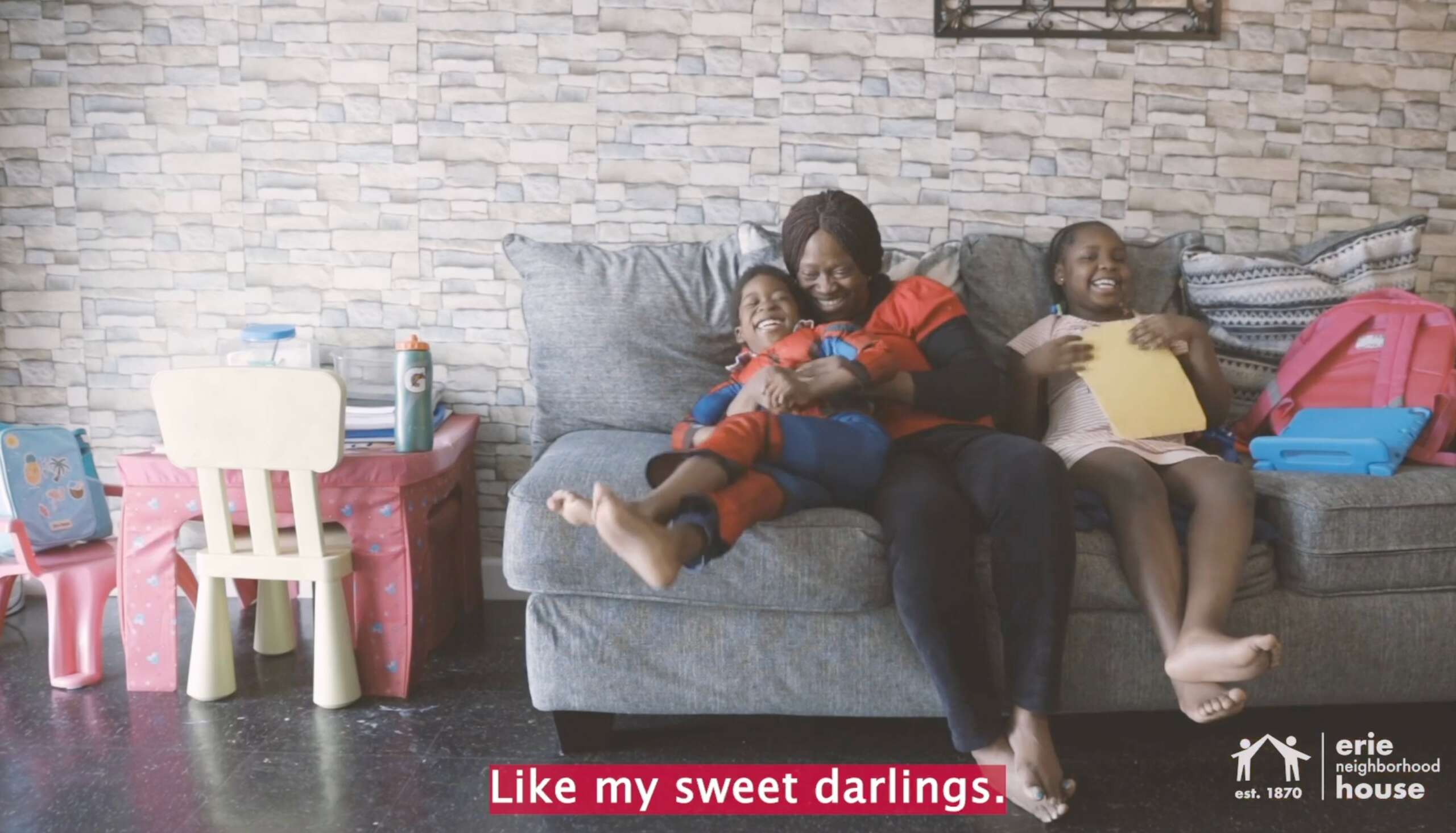
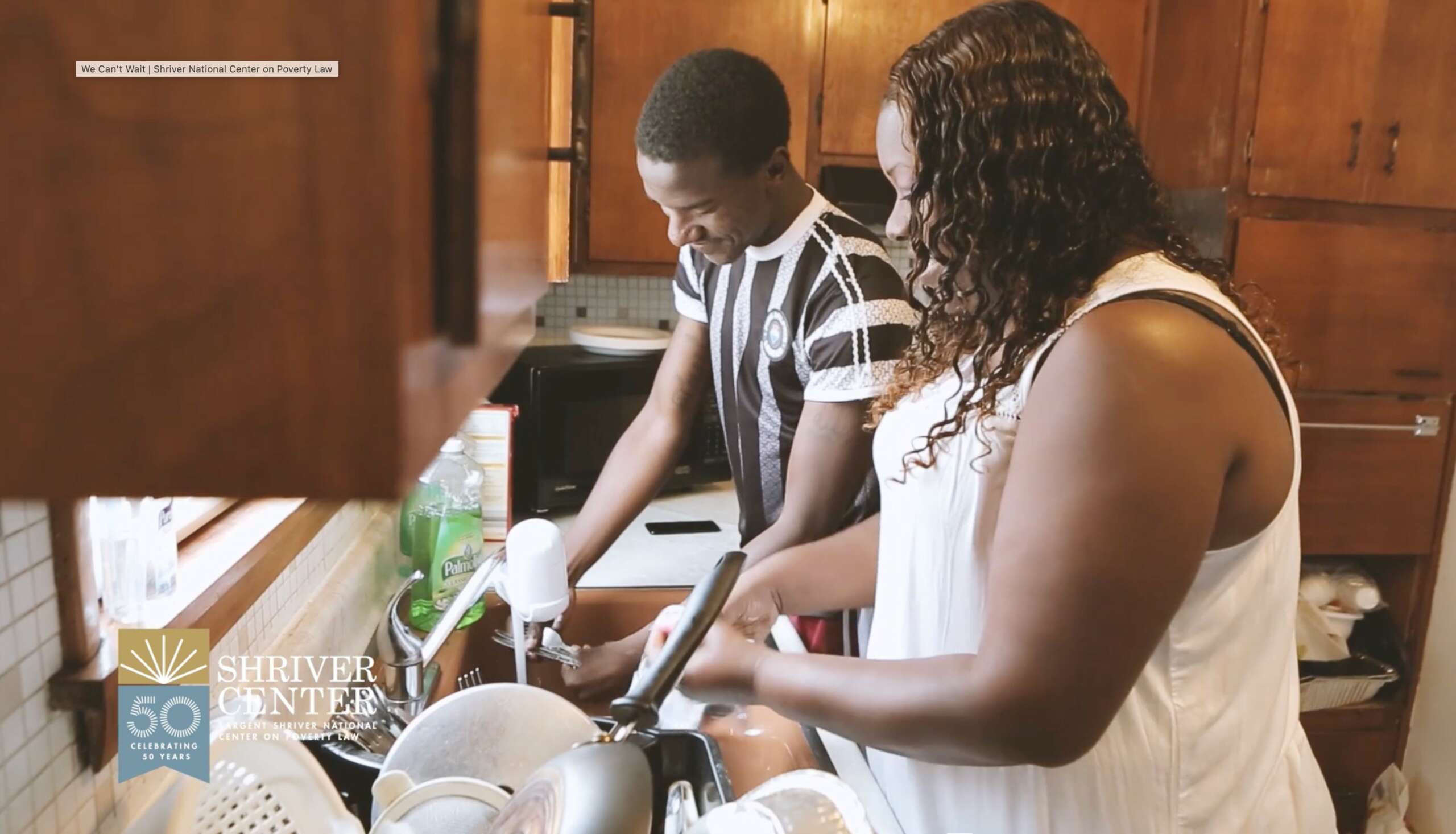
Looking back, are there any resources you wish you knew about earlier in your creative journey?
Seed funding for artists to develop skills and experience without having to give away labor for free.


What can society do to ensure an environment that’s helpful to artists and creatives?
First of all, valuing art as much as we value capitalism and billionaires. As a society the view on artists is that “We get to do something fun,” therefore it is not as valuable. The arts generate humans who are capable of creative problem solving and thinking that has great benefits to society and businesses. We should be looking at creating societies that support everyone to follow a passion. Not just the independently wealthy. A world where everyone can activate curiosities. From the sciences to the arts. That collective energy is what will sustain us beyond the systems we have now. Artists are the future makers. There isn’t a technology on earth that wasn’t first dreamed up by an artist. Think of how many innovations we are missing out on, how many cures for problems that are missed opportunities because people lack access to capital and opportunity to self actualize. The best thing we can do for artists is to create a world where everyone thrives.
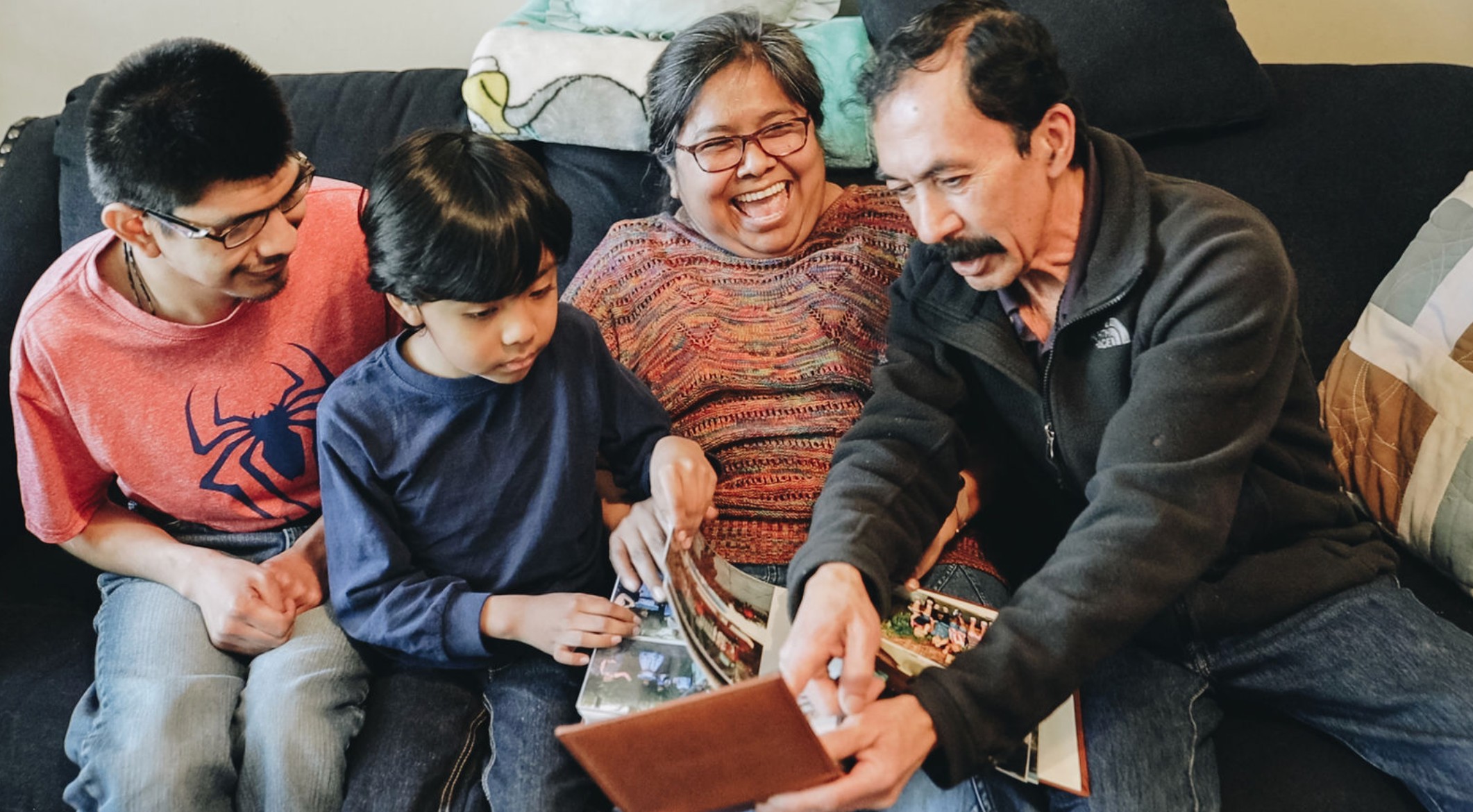
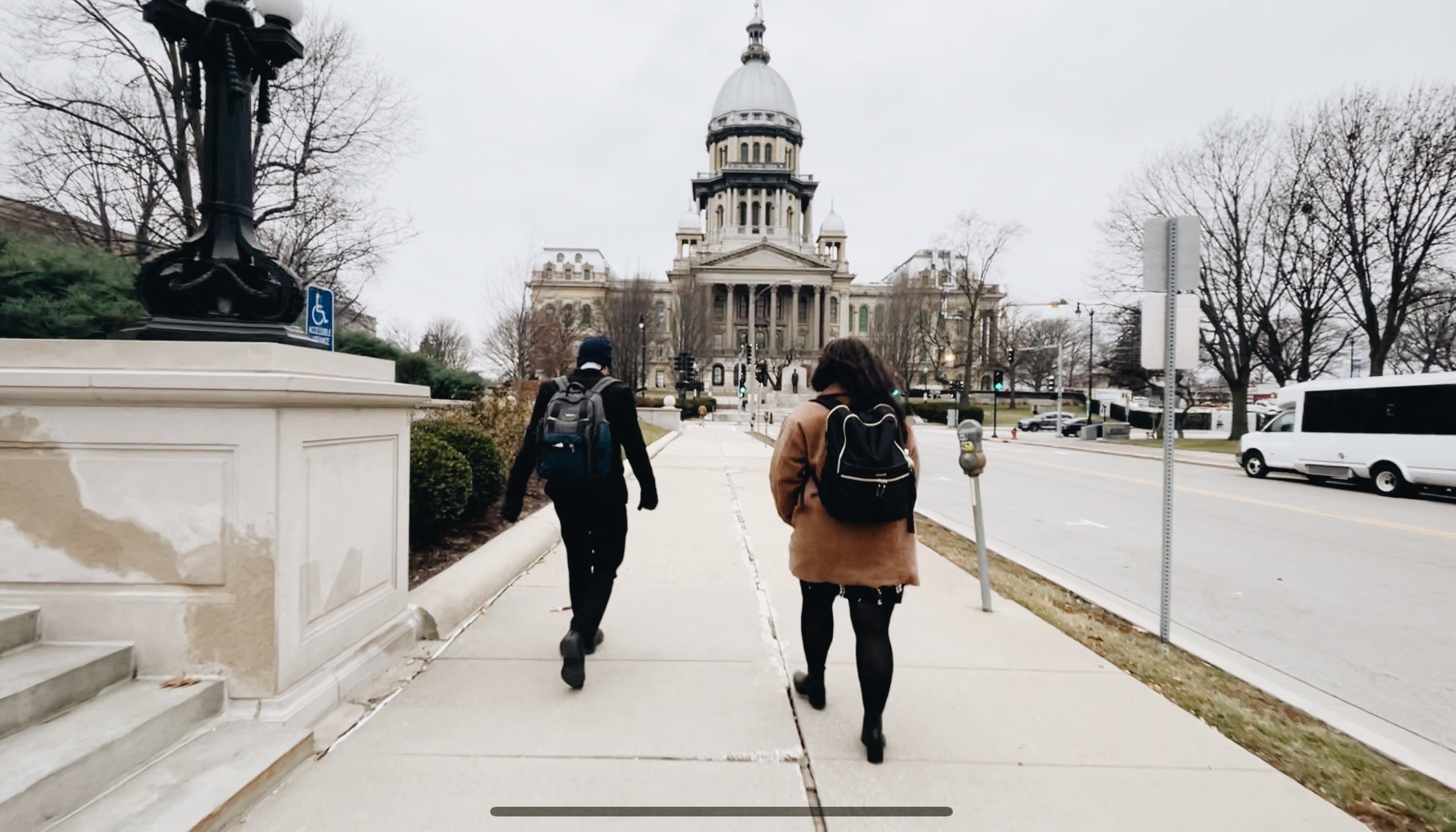
Contact Info:
- Website: http://www.melissafoxmedia.com
- Instagram: https://www.instagram.com/melissafoxmedia/
- Linkedin: https://www.linkedin.com/in/melissafoxmedia/
- Twitter: @melissafoxmedia
- Other: A shout out to Fig Media would be great: https://www.figgy.net/film
Image Credits
Film Stills from Clients: Shrive Center, Erie House, Thrive Chicago, Woodstock Institute, Association House of Chicago, all produced with Fig Media.


